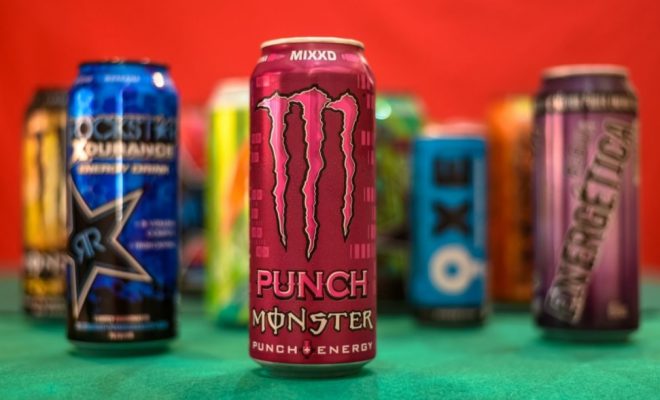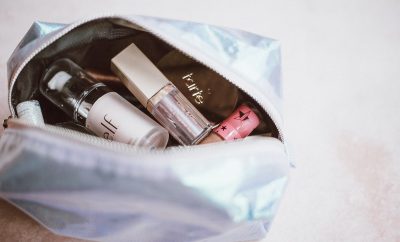
Lifestyle
Common Ingredients In Your Sports & Energy Drinks and Why They’re a Problem
Energy drinks come in many forms and are used by numerous people in different ways.
You’ve got the likes of Gatorade which is marketed towards the sports and athletic crowd, with the idea being that it will supply you with the electrolytes needed for your workout. And then you have Red Bull and Monster which as we all know are sold in cans and as such, are not exactly sports friendly. The idea behind these ones is to give you the shot of energy you need to just stay awake on a particularly taxing day.
In reality, you could make the case that Red Bull is only really used to make alcoholic cocktails more dangerous and Monster is only for teenagers to have a cool-looking can to drink from, but they do serve a genuine purpose.
And if you do want to drink something to help you stay energized during sports or to keep you awake, they will work. But are they healthy? While there are some which make a point of only including healthy ingredients, most well-known ones can be harmful, and not necessarily due to ingredients you can’t pronounce. In fact, some of the more dangerous ingredients are very common. The problem is not necessarily what, but how much is in each drink.
Sugar
It’s understandable why energy drinks would be high in sugar. Sugar will both enhance the taste of the drink and it can also contribute to a good spike of energy in your system so it is a logical ingredient. And while a little bit of sugar isn’t going to kill you, a lot of it can lead to serious health issues. In one normal sized serving of a standard drink, there is more sugar than your recommended daily allowance.
You can expect about 2 ½ tablespoons of sugar in a single can or bottle and you really shouldn’t exceed 2 tablespoons. It can cause tooth decay, weight gain and maybe even Type 2 Diabetes if you’re not careful, and these can be serious long-term health problems.
Caffeine
What a lot of people don’t realize is that caffeine is the most widely used drug by adults in the United States. 80% of people consume it on a regular basis and a lot of us are legitimately addicted. Of course in most cases, the addiction is satiated by coffee and a cup of coffee usually only has about 100 milligrams of the stuff. Having up to 300 milligrams is safe, so you can be okay with about 3 cups of coffee.
A single energy drink on the other hand, could have over 500mg. It raises your heart rate and your blood pressure so this is probably a bit too much to be consuming on a regular basis.
Vitamin B
First thing’s first, B vitamins are not a bad thing. In fact they are essential for good health. There are an abundance of different B vitamins including thiamine, B-12, niacin and biotin and together they help to ensure that your skin cells, blood cells and brain cells are healthy.
They also help to convert food into energy which is why they are useful in energy drinks. Niacin is the one present in energy drinks, and the problem is that there is excess amounts of it. Too much niacin can cause some health problems. Skin conditions, nerve damage and gastrointestinal issues are among some of the more common consequences.
There is nothing wrong with occasionally having an energy drink to keep you on track after a rough night, too little sleep, or just to give you the boost you need to get through your day. Just be mindful of what you’re putting in your body to help you live a more balanced life.





0 comments